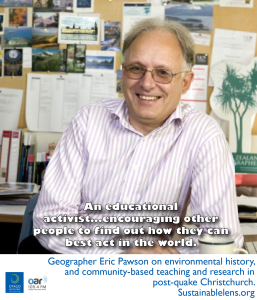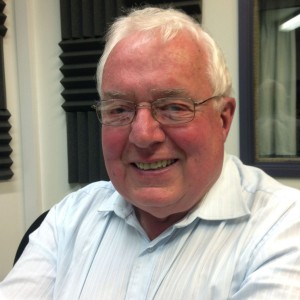
 Diseases of Modern Life - Samuel Mann with Sally Shuttleworth discuss diseases of modern life - what we can learn from Victorian responses to change. [ 56:18 ] Play Now | Play in Popup | Download
Diseases of Modern Life - Samuel Mann with Sally Shuttleworth discuss diseases of modern life - what we can learn from Victorian responses to change. [ 56:18 ] Play Now | Play in Popup | DownloadProf Sally Shuttleworth of St Anne’s College University of Oxford discusses diseases of modern life – what we can learn from Victorian responses to change. She talks of astonishing rates of change – just look at journey times – that created bewildering changes to society, and brought forth both optimism and anxiety.
We discuss how a Victorian sense of duty came with a strong desire to improve things, with a sense of legacy for a future ourselves unknown. Also how technological development emboldened a imperial mentality. The Victorians were deeply aware of the tensions of industrialisation and fought for the survival of health and the environment – including through sanitary organisations. There is much we can learn from the responses to these “Diseases of Modern Life“.
People at all levels in Victorian society followed (and contributed) through books and periodicals – the latter being notable for what we would now describe as eclectic mix of subject areas – from engineering to arts to life sciences. The mill workers had a breadth of understanding that might surprise us now, including taking active roles in constructing scientific communities.
Prof Shuttleworth was in Dunedin as the William Evans Fellow in the Department of English and Linguistics at the University of Otago. Her work “Speed of Modern Life” involved a multimedia projection onto the side of the Richardson building (a collaboration with The Projection Studio). This piece tracks the transformation from rural communities to industrial production with an increasing pace and sense of pressure.

